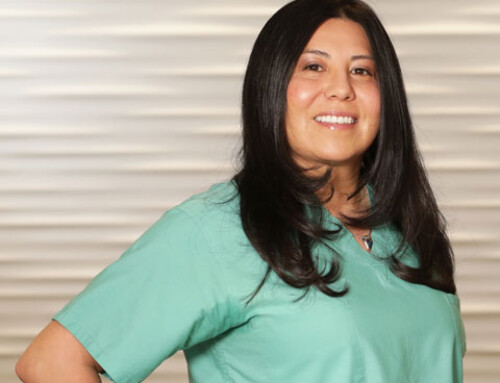National Cervical Cancer Awareness Month
I love seeing women for annuals throughout the year, but I get a particular kick out of the women who come for their annuals in January. What a great way to start the year out with a commitment to self-care! Here we are at the end of January already, but you still have lots of time to get your annual done this year.
Did you know that January is Cervical Cancer Awareness month? We all know we should have our annuals and get Pap smears regularly but sometimes there is confusion about why we do Pap smears and what the results tell us. A Pap smear is a highly reliable way to screen for cervical cancer, or cancer of the cervix.
 The cervix is the opening to the uterus. It acts as a doorway between your vagina and uterus (and therefore other internal organs as well!). Your cervix has to deal with quite a bit of germs, viruses and bacteria—and sperm!
The cervix is the opening to the uterus. It acts as a doorway between your vagina and uterus (and therefore other internal organs as well!). Your cervix has to deal with quite a bit of germs, viruses and bacteria—and sperm!
Human papilloma virus (HPV) is one of the myriad of microorganisms that your cervix faces off against. HPV is transmitted skin-to-skin, so we usually blame penises and fingers for transferring HPV to the cervix, although sex toys can also harbor HPV for many hours.
Certain strains of HPV really settle into cervical cells. Most women’s immune systems clear HPV over time but occasionally worrisome types of HPV decide to hang around for years and can ultimately cause cervical cancer for some women.
When we do a Pap smear, we place a speculum so we can see your cervix and use a little brush to sweep some cells off of your cervix. The cells go to the lab where they check to see if the cells look normal or abnormal. In some cases, the lab also checks to see if the HPV strains which are high risk for cervical cancer are present. Abnormal results are a red flag that helps us help you have further testing and monitoring. Sometimes the cervix becomes normal again, but sometimes changes require even more monitoring and treatment. The goal is to prevent cervical cancer.
No one enjoys having Pap smears and it can definitely feel awkward, but it really is a simple test that can prevent cervical cancer.
Women should start having Pap smears at 21 years old and women can usually stop having Pap smears at 65 years old. How frequently you should have Pap smears depends on your personal health history. Our goal at WSNM is to provide you with individualized, evidence-based care so you can be healthy and thrive for decades and decades. Check your calendar and give us a call!


 Online Scheduling Request
Online Scheduling Request 



